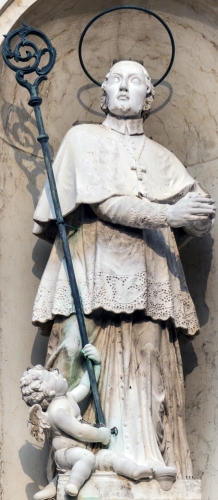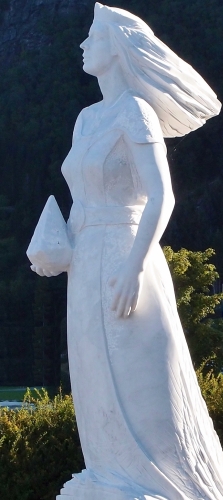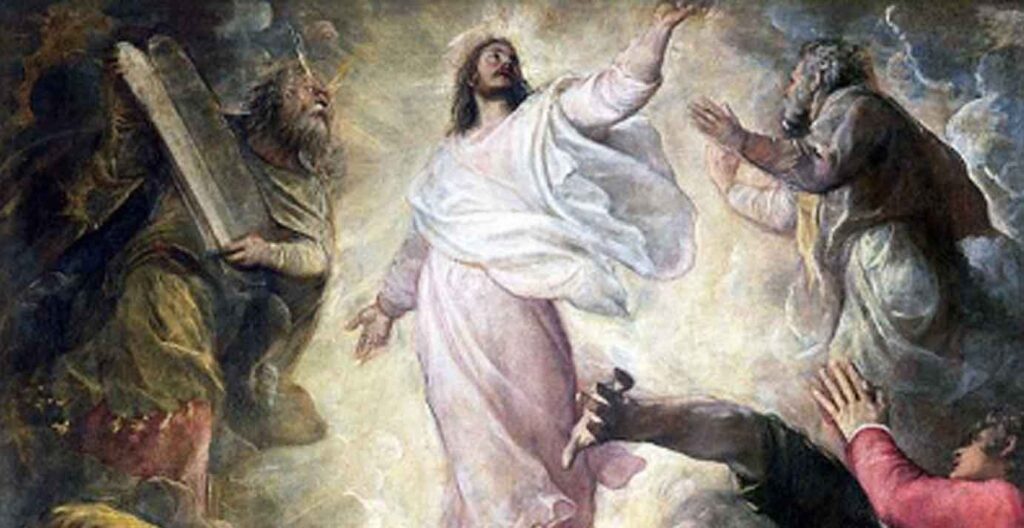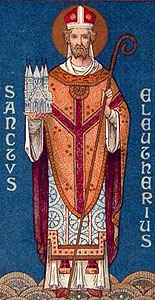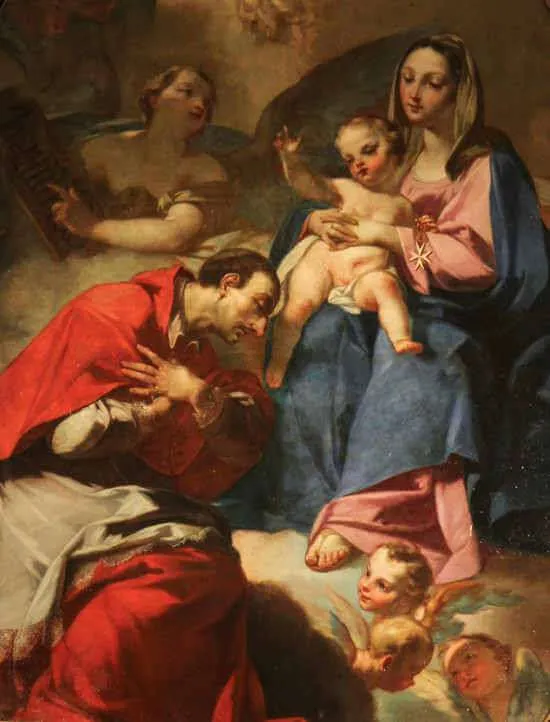Profile
Gregory was the son of a Venetian senator. He was educated at the University of Padua. He was a civil and canon lawyer. He worked on the negotiations for the Peace of Westphalia that ended the Thirty Years’ War on 24 October 1648; one of his co-workers was archbishop Fabio Chigi, the future Pope Alexander VII. He was ordained on 21 December 1655. He was a domestic prelate to Pope Alexander VII. He was a referendary of the Tribunals of the Apostolic Signature of Justice and of Grace. He became the Bishop of Bergamo, Italy on 9 July 1657. He was elevated as Cardinal on 5 April 1660 and the Bishop of Padua, Italy on 24 March 1664. He was part of the conclave of 1667 that chose Pope Clement IX and part of the conclave of 1676 that chose Blessed Pope Innocent XI. He supervised Catholic teaching in Rome, Italy for three years. He was part of the conclave of 1689 that chose Pope Alexander VIII and the conclave of 1691 that chose Pope Innocent XII. He was noted as a distinguished churchman and leading citizen whose charities were on a princely scale. He worked for unity of the Latin and Orthodox Churches.
Born
- 16 September 1625 at Venice, Italy as Gregorio Giovanni Gasparo Barbarigo
Died
- 18 June 1697 at Padua, Italy of natural causes
- buried in the cathedral of Padua
Beatified
- 6 July 1761 by Pope Clement XIII
Canonized
- 26 May 1960 by Blessed Pope John XXIII
Patronage
- Bergamo, Italy, diocese of
Source: https://catholicsaints.info/saint-gregory-barbarigo/

